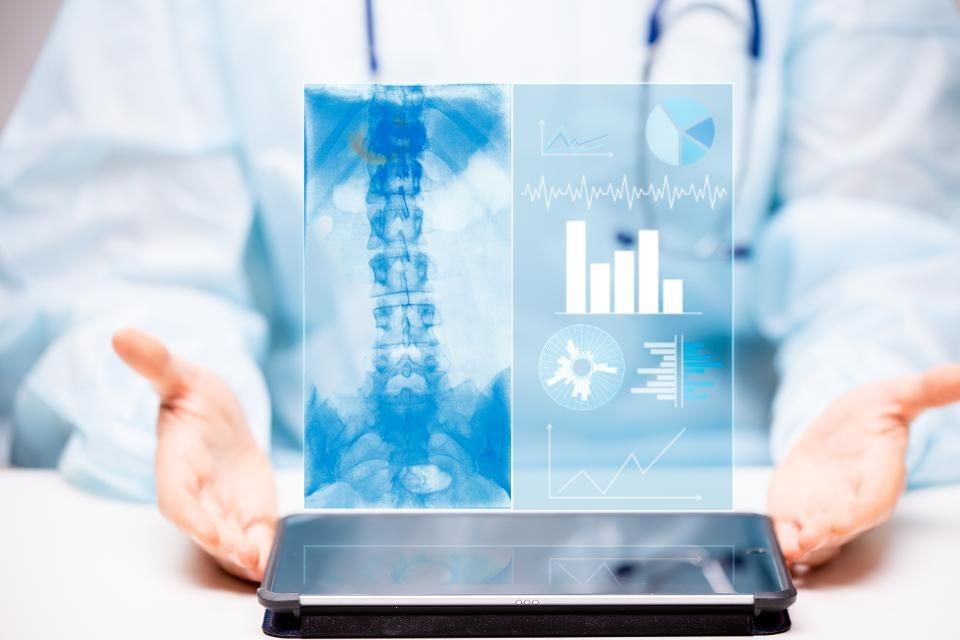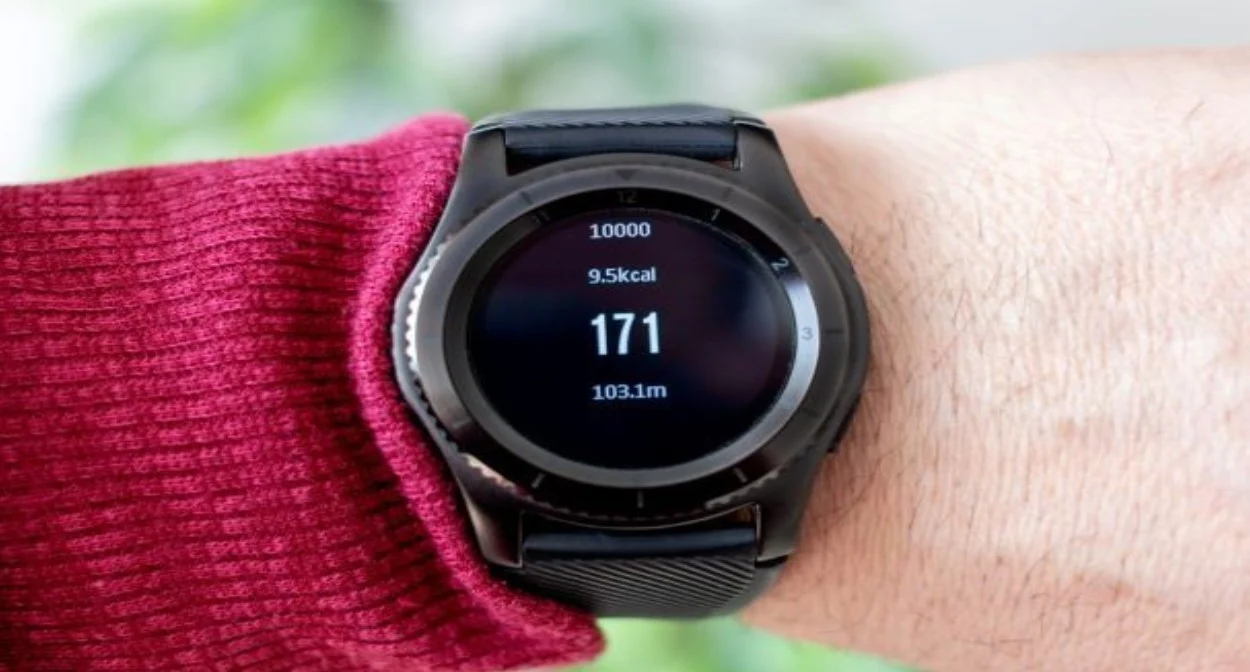Data science in healthcare is the next big step in the field for doctors. It, therefore, makes sense that doctors must have some knowledge of data science.
We have entered into the era of big data where we are not only using every bit of data originating from every source but also making smart decisions that accelerate business growth.
No matter what industry you’re in, AI & Big Data are all the rage these days, and the need for storing data has grown over the years. The following post emphasizes why healthcare professionals should learn data science.
It’s said – Health is wealth; with great Health, you can conquer it all! The medicine and healthcare industries are considered as one of the most revolutionary and promising industries around.
Slowly and steadily things are changing from computerizing medical records to drug discovery, and genetic disease exploration; one can find data analytics moving medical science to a whole new level. And trust me, the fun has just begun!
Data Science in Healthcare
Healthcare and data science are often linked as increased industries tend to attempt to reduce their expenses with the help of data. Day in, day out, the field of data science in medicine is developing on a rapid basis and it’s important they keep on marching together.
In general, data scientists are the ones who have advanced training in statistics, math, and computer science. Data visualization, data mining, and information management are some of its crucial aspects.

Another Example is produced by Enlitic, an organization that pairs radiologists with data scientists to increase the accuracy and efficiency of diagnostics. Featuring deep learning algorithms, data scientists help analyze data from CT scans, X-rays, etc. so that doctors can “diagnose sooner with renowned accuracy”.
A few skills required to make out a career as a healthcare data scientist include:
- Dimensionality Reduction
- Supervised Machine Learning
- Time Series Analysis
- Natural Language Processing
Furthermore, I would like to mention some interesting use cases of data science with the highest impact and the most significant potential for the future in the healthcare realm.
- Medical image analysis – If we look at the overall healthcare sector, you will find that it has received a great bunch of benefits from data science applications. Several techniques, including magnetic resonance imaging (MRI), X-ray, computed tomography, and mammography, are used for better treatment.
- Whether it’s about improving the image quality or extracting data from images more efficiently and providing the most accurate interpretation, data science seems to, and will continue to, contribute to a great extent.
- Genetics and Genomics – This feature has enabled an advanced level of treatment personalization.
- Professionals need to understand the impact of DNA on our Health and find individual biological connections between genetics, diseases, and drug response. Data science techniques allow for the integration of various kinds of data with genomic data in disease research. This provides a deeper understanding of how different genetic structures will react to drugs and diseases.
- Virtual assistance – Optimization of the clinical process builds upon the concept that, for many cases, it is not actually necessary for patients to visit doctors in person. The mobile application can give a more effective solution by “bringing the doctor to the patient”. AI-powered mobile apps can provide basic healthcare support, usually as chatbots.
- All you have to do is describe your symptoms, or ask questions, and then receive key information about your medical condition. Apps can remind you to take your medicine on time, and if necessary, assign an appointment with a doctor.

